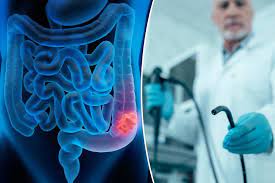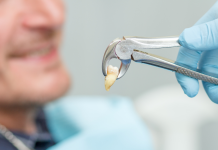A colonoscopy is a safe and effective means of visually examining the entire lining of the colon and rectum with a long, flexible, tubular instrument. It is used to diagnose colon and rectal problems, and to perform biopsies and remove colon polyps. Most colonoscopies are performed on an outpatient basis.
Colonoscopy benefits include its ability to detect and remove most polyps without abdominal surgery. It is more accurate than an X-ray of the colon in detecting early polyps or cancer. Polyps can often be removed on the spot, which is an important step toward preventing colon cancer.
A colonoscopy is recommended if a patient has a change in bowel habit or bleeding, which may indicate a possible problem in the colon or rectum. It is also needed for the following:
- check for unexplained abdominal symptoms;
- check for inflammatory bowel disease (colitis);
- verify the findings of localized polyps or tumors with a barium enema examination;
- examine patients who test positive for blood in stool;
- monitor patients with a history of colon polyps or cancer or those older than 40 years.
Your doctor may recommend that you have your first routine colonoscopy at age 45, but it may be sooner depending on your risk factors. How often you’ll need a preventive colonoscopy also depends on your history, family history, and other risk factors. Talk to your doctor about when and how often you should have a colonoscopy.
Who are eligible?
Most people should have their first routine colonoscopy at age 45. If that colonoscopy doesn’t find anything abnormal and you don’t have any risk factors for colorectal disease, you probably won’t need another one for 10 years. If a colonoscopy finds polyps or adenomas (non-cancerous growths), you may need to have your next colonoscopy in five years or less.
What to expect
For a day or two before your colonoscopy, you will have a colon preparation. This involves cleansing the colon by swallowing a special liquid prescribed by your gastroenterologist, and you may need to follow a special diet. You will need to plan to be home during this time, as you will be using the bathroom frequently.
The colonoscopy will be done under “twilight sedation” (very sleepy), so you probably won’t remember much about the procedure. A colonoscopy usually takes only 30 to 45 minutes. During the test, the gastroenterologist will insert the thin, flexible colonoscope into your anus and slowly move it through your rectum and into your colon. The gastroenterologist will use the colonoscope to closely examine your colon for any irregularities. Next, the colonoscope will be carefully removed through the anus.
After your colonoscopy, you should plan to stay in the hospital for one to two hours. You must have a trusted adult with you to drive you home and stay with you for the rest of the day. The gastroenterology team will give you specific instructions about when you can eat normally and resume your daily activities.










